Is Poland expensive? Maybe not, but these things definitely are!
This is the second article of a series about the cost of living in Poland. The first was focused on the costs of living in Warsaw, while the third has a complete outlook of the average salaries in Poland.
After living on four different continents, I got this costume for praising things that are well priced in some countries. The coffee in Brazil, the wine in Chile, the gasoline in Qatar, or the mountain resorts in the Carpathian Mountains. All of them are gems that have prices far better than a foreigner would expect for their quality.
But there are dark sides in each of these countries, overpriced stuff, just like everywhere else. Electronic products in Brazil, ski passes in Chile, beer in Qatar, or… What is expensive in Poland?
Yes, Poland, the same nation whose economy is expanding so rapidly that it is prompting a reverse-immigration, or the bringing back of citizens who long ago left the nation.
Eastern Europe (or Central, as the Poles consider themselves) is not famous for being exactly expensive.
Habits like…
Taking Showers Too Frequently
PS: by the time I write this article, 1 dollar is 3.74 zloty — the Polish currency.
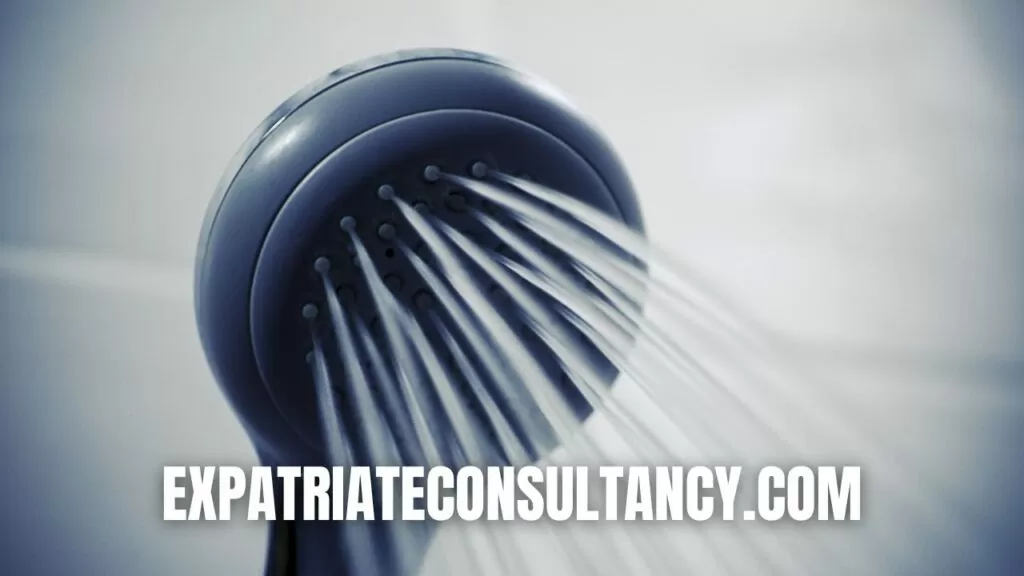
The price of water in Poland is quite high compared to Brazil (our water prices are among the smallest in the world) but in line with the European countries. This is not the reason showers are madly expensive there.
The problem is that in some cities, like Warsaw or Łódź, the garbage collection tax is based on the amount of water used — I don’t know why, and I think nobody knows. This indexation can increase the monthly bills quickly.
Badly, awfully, dramatically quick.
The water price (considering also sewage, since most of the clean water we use later becomes sewage) in Warsaw is 9.85 zlotys per cubic meter. One cubic meter is 1000 liters.
Then comes the garbage tax. It is 12.73 zlotys per 1000 liters of water consumed.
We have a final price of 22.58 zlotys per 1000 liters of water.
Modern, efficient showers use on average 9 liters of water per minute. Therefore, a 10 minutes shower costs you (22.58/1000)*90 = 2.03 zlotys.
0.55 dollars. It may look small if you live in the USA, but have in mind that the average monthly salary in Poland is 3733 zlotys net. An average person who bathes daily would spend nearly 2% of his salary — not counting water heating (and heating gas is expensive, although you can find some ways to save on it here).
This would be the same as an American spending 105 dollars monthly on shower bills.
To make things worse, this is the price of cold showers. If you want warm water — something enjoyable in the winters where the temperature often remains for months below zero — you need to sum the heating prices, and they are also not cheap.

Coke (and any sugary drink)
If you had been in Poland before 2021, you may think that I am exaggerating by including this item.
But in 2021, the Polish government (just like almost every government in the world) needed money to cover the bills of all the stimulus checks promised during the Covid-19 crisis.
So they created a new tax. A tax that could use the excuse of helping people’s health. A tax over sugary drinks.
This tax alone increased the price of some soft drinks by 40%.
A 2L Coke bottle costs now around 9 zlotys on the supermarket shelves. 2.5 dollars. This is 30% more than the price in Brazil, or 25% more than in the USA.
Lettuce
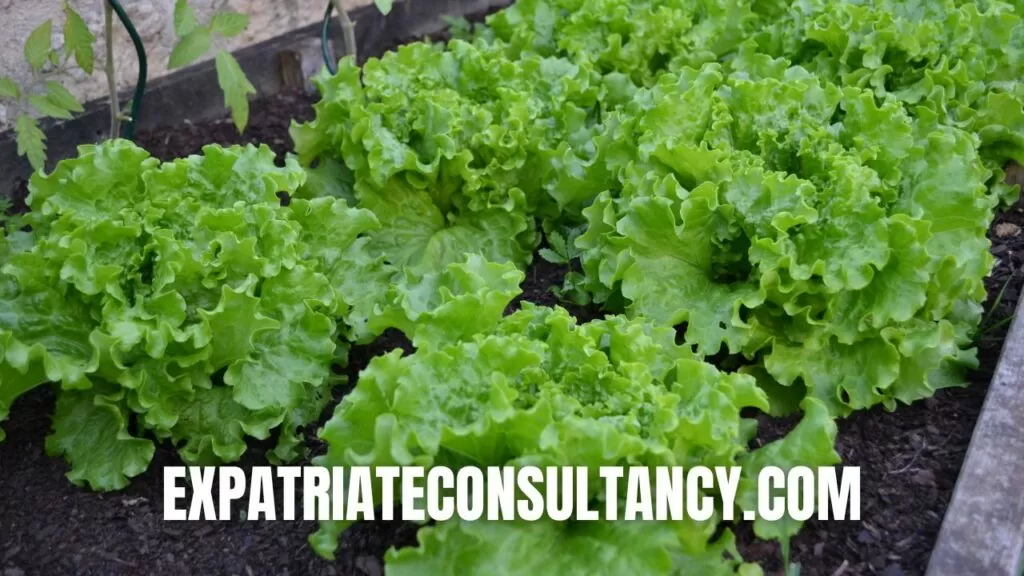
If the prices of water and soft drinks surprised you, the price tags of Lettuce should not.
At least 4 months per year — being optimistic — Poland is just too cold to plant it. Their delicate leaves suffer when the temperature goes below 15 degrees Celsius.
A friend of mine, when facing the outrageous prices of lettuce here, questioned: why don’t they just rise it indoors, using the hydroponic method?
It would be a good idea, if not because hydroponic crops need a lot of water, and they are expensive — see previous paragraphs. Plus, the room still would need to be warm during winter, so there are additional heating bills.
Importing lettuce is also not a simple job. It has a short expiration period.
All these problems and no straightforward solutions result in a price of — hold your breath — 5 zlotys. 1.35 dollars.
Per kilo? No. Per package of 140 grams. One kilo of lettuce would cost almost 10 dollars.
Fortunately, there are other vegetables that are more resistant to lower temperatures, so the Poles can keep their daily intake of fibers. Cabbage, for example.
Cigarettes
Another item that is costly because of the heavy taxation. A package of Marlboro in Poland costs around 18 zlotys. Almost 5 dollars. This is more than twice the price of the same product in Brazil, 40% more than the price in Miami, and even more expensive than in Doha, the capital of one of the richest countries in the world.
I am addressing the price of legal cigarettes here. Poland has quite an issue with smuggled tobacco.
Curiously, neighboring Ukraine has one of the cheapest cigarette prices in Europe — if not the cheapest. It is nearly 60% cheaper than in Poland.
This creates an enormous flow of contraband on the Polish frontier. They had arrested even diplomats smuggling cigarettes.

Real Estate in Warsaw
This is a common situation in post-communist nations: an enormous discrepancy of land prices between the capital and other cities. This is visible not only in Poland but also in Hungary, the Czech Republic, and nearly every other country that was behind the iron country.
I am not talking about comparisons between the major city and tiny villages. Even when comparing Warsaw with prosperous centers like Wroclaw, the differences are heavy.
The cost of living is one of the main reasons why Warsaw is not among the best places to live in Poland.
Warsaw is nowadays more expensive than Brussels or Berlin (which, on the other hand, is not as safe as Warsaw), even though Germany has a per capita income almost 4 times larger than Poland. While food and leisure are the affordable part of the cost of living in Warsaw, an average land price per square meter of almost 5000 dollars imposes a heavy burden on the habitation costs, making the capital an exception in the otherwise affordable cost of living in Poland.
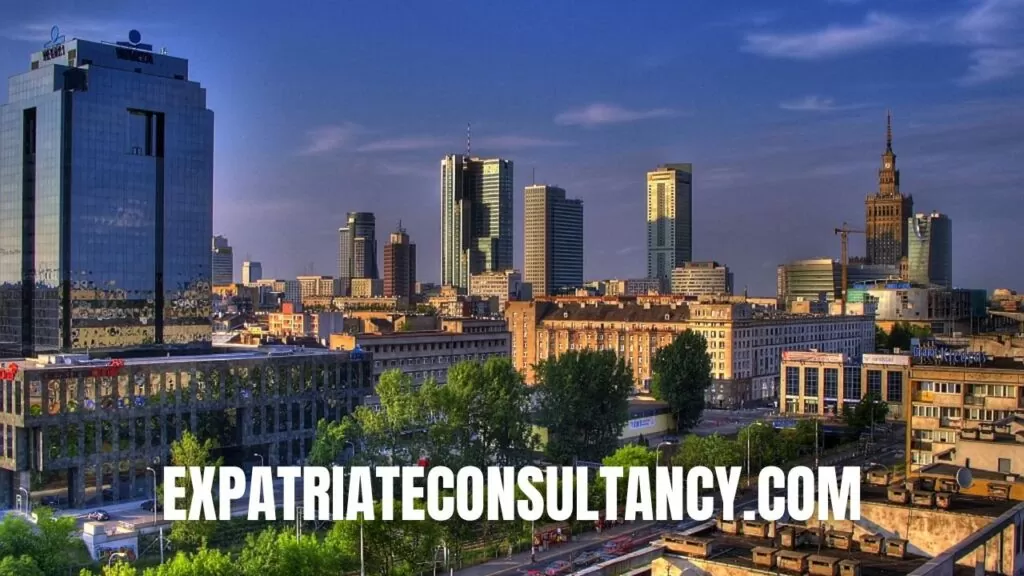
What about your perception of cost of living in Poland?
While some things in Poland are expensive, Poland is still cheap compared to most EU nations. This is one of the reason it is an increasingly popular destination for international students.
How do these costs compare to your city? I am curious to read it, so let me know in the comment section. Cheers!
If you are planning to move abroad, check this article with a list of 5 books to read before moving to another country. And if your idea is to be an entrepreneur overseas, there is a list of essential books I wish I read before opening my company far from home.
Although the cost of living in Poland is not always cheap, the book below has some awesome money-saving hacks.
If you enjoyed this article about the cost of living in Poland, it is worth checking also some of the articles below:
4 Insider Tips on When to Find Cheap Flights (Proven and Tested)
The Best Lessons I Learned about Moving Away from Home (After Doing It 14 Times).
Shock! The Cost of Living in London vs Other European Capitals
What to Do in Warsaw in One Day
Things Incredibly Cheap for Brazilians
Levi Borba is CEO of expatriateconsultancy.com, creator of the channel The Expat, and a best-selling author. You can check his books here, his other articles here, or his Linkedin here.
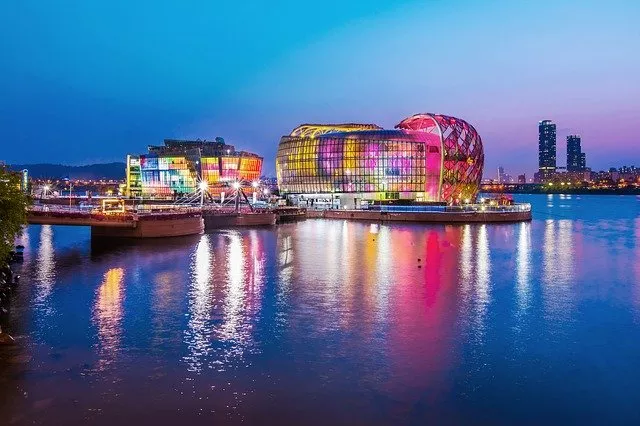
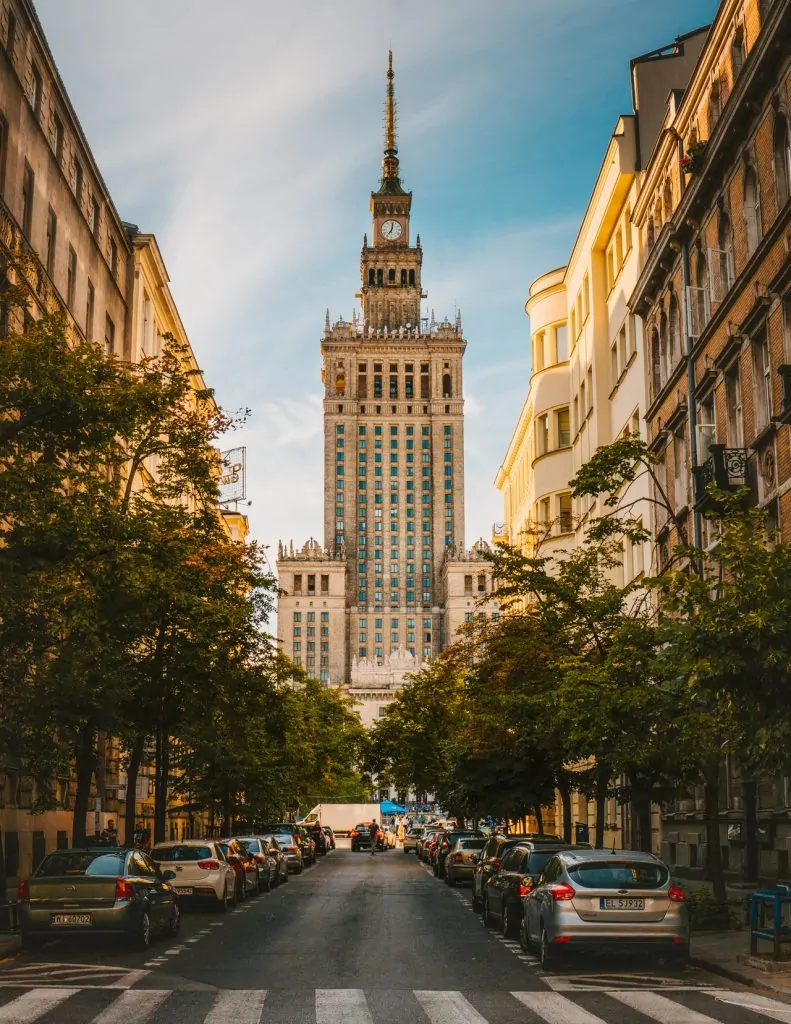
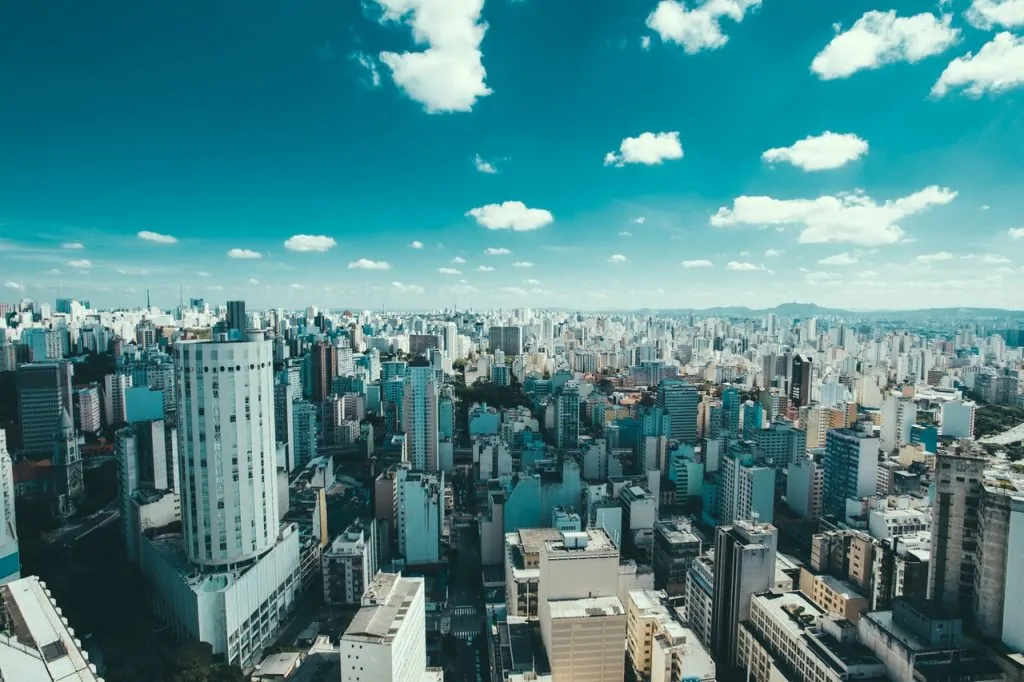


Excelente artigo. Nunca imaginei esses custos de água e suas consequências. Como brasileiros, mesmo economizando e cuidando do reaproveitamento da água, certamente teríamos um susto. Aqui em São Paulo há uma taxa mínima para consumo de até 10 metros cúbicos (água + esgoto) de R$58,00, que usamos como meta mensal. Não pagamos taxa de lixo, mas fazemos separação de reciclável (recolhido semanalmente), o que reduz bastante o volume final. A água da roupa lavada é reaproveitada para lavar tapetes, panos de limpeza e quintal Temos jardim, plantas, temos que regar a cada 2 ou 3 dias em épocas de seca. Mesmo com todas essas práticas, na Polônia seríamos penalizados pela forma de cobrança. Parabéns pela pesquisa e explanação.